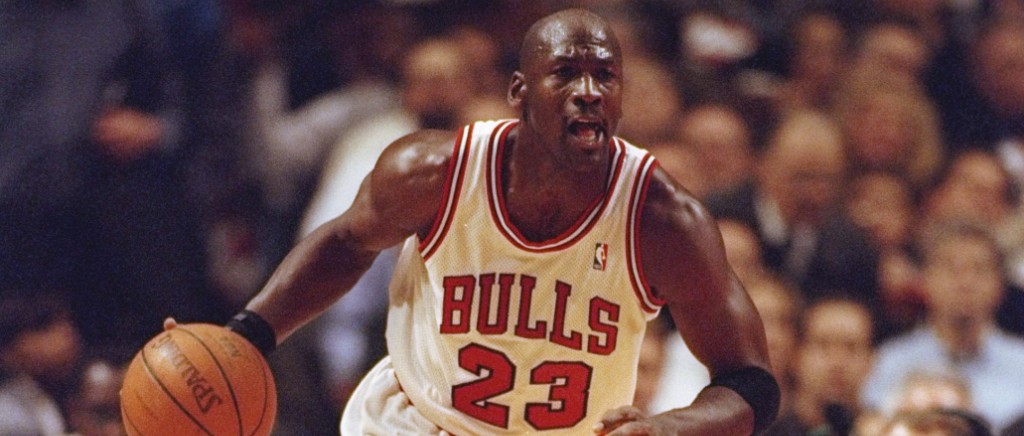
The Last Dance, ESPN’s documentary about the 1997-98 Chicago Bulls, is far more than just a film about that particular season. It explains the backstories of all the major players to provide context for how they got to that sixth ring and what led to the various tensions that threatened to keep them from winning it.
The central focus of the documentary is, unsurprisingly, Michael Jordan. Even as episodes dive deeper into others, like the second episode looking at Scottie Pippen, Jordan remains the primary character. After explaining why Pippen was frustrated with the Bulls that season, particularly GM Jerry Krause, and how that led him to pushing surgery back until after the summer causing him to miss the first half of the season, it shifts to how Jordan was left to pick up the slack and try to drag the Bulls to wins. It’s here that we get Michael talking about what many consider to be his greatest asset (and also, at times, his greatest flaw), his insane competitive fire.
“Every time I step on that basketball court my focus is to win the game. It drives me insane when I can’t,” Jordan said. “As you get older you look back and you understand how you became who you are. I don’t think I’d be here without the lessons I learned at a very young age. That competitiveness within me, started as a kid.”
From here the documentary flashes back to Jordan’s childhood in Wilmington, North Carolina, where Michael notes there were two primary forces driving him to greatness. The first was the racism he faced as a kid and wanting to get out of Wilmington.
“At the time you had racism all over North Carolina — all over the United States — and it was a lot of it around there,” Jordan said. “So, as a kid, it was like, this is where I don’t want to be. I want to excel outside of this. So my motivation was to be something outside of Wilmington. For me, it became athletics.”
The second factor, and what drove his competitive fire, was his older brother, Larry, who was initially a better basketball player than him. Larry says in the documentary that he was the worst of the Jordans when it came to being overly competitive. “My brothers hated losing, but not on the same level like me, because if you beat me back then, we had to fight, and that’s just the way I was.”
Larry was also the favorite of their father, James, and Michael explains that was “traumatic” and made him want to be so good he would garner the same amount of attention from his dad.
“I don’t think, from a competitive standpoint, I would be here without the confrontations with my brother,” Michael said. “When you come to blows with someone you absolutely love, that’s igniting every fire within you. And I always felt like I was fighting Larry for my father’s attention. … When you’re going through it, it’s traumatic, because I want that. I want that approval, I want that type of confidence. So my determination got even greater to be as good if not better than my brother.”
This section of the documentary, speaking on his relationship with is brother and father, is as vulnerable as you’ll ever see Michael Jordan. You can see the emotion in his face as he talks about desperately wanting his father’s approval, and it explains so much of his win at all costs attitude that became the defining characteristic of him, not only as a basketball player, but as a man. It also shows that this part of Michael wasn’t born of something great, but out of pain.
